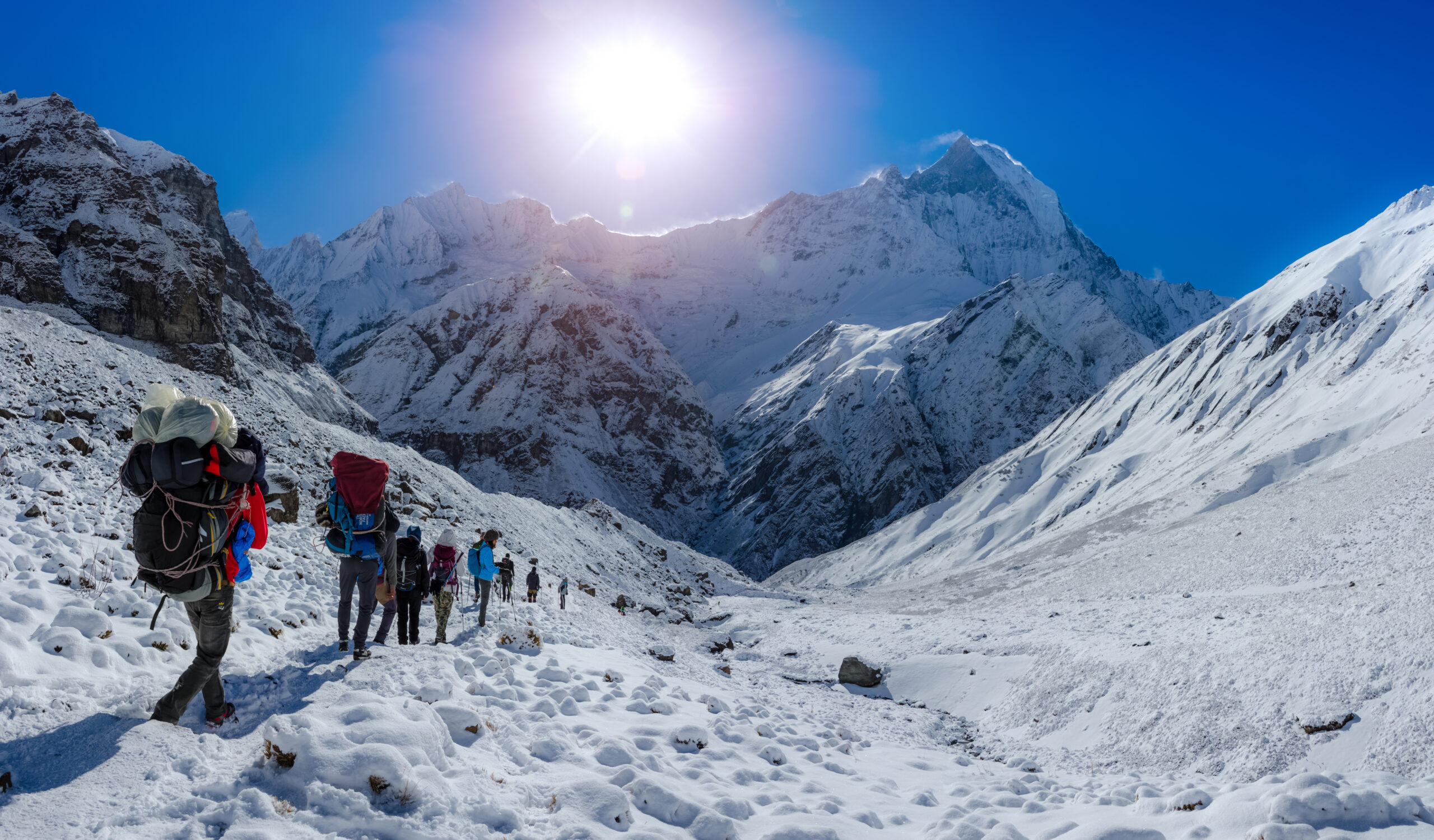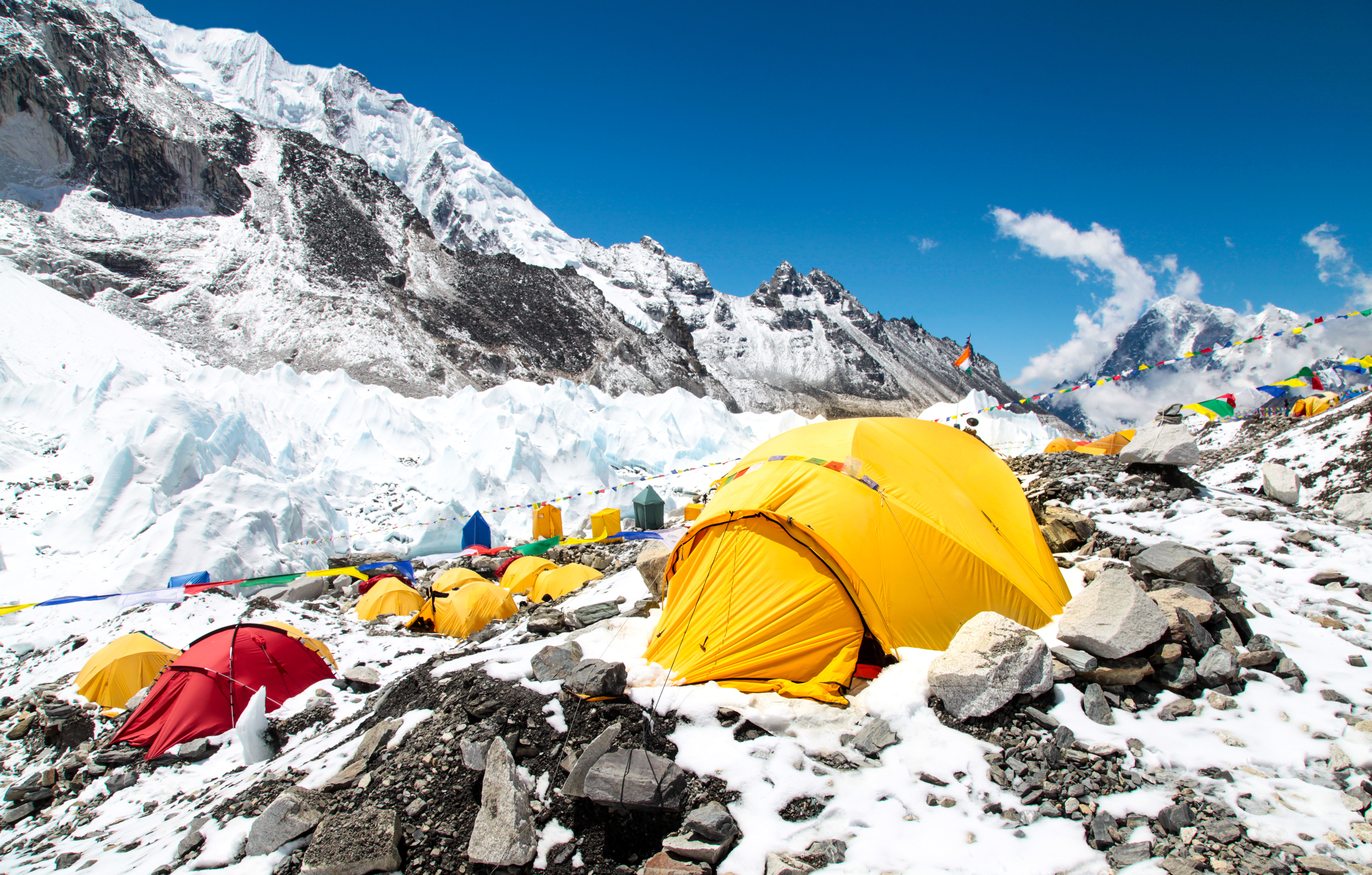FAQ
01. When's the best time to travel?
The best seasons for the Everest Base Camp Trek are the pre-monsoon (spring) season from March to May or the post-monsoon (autumn) season from late September to November. During these periods, the weather in the Everest region is relatively stable, with clear skies and milder temperatures.
Spring brings blooming rhododendrons and lush vegetation, while autumn offers stunning views with crisp, dry air. These seasons provide optimal trekking conditions, making it easier to navigate the challenging terrain and ensuring a safer and more enjoyable experience for trekkers aiming to reach the iconic Everest Base Camp.
02. How long does it take to complete the Everest Base Camp trek?
The Everest Base Camp trek typically takes around 12 to 14 days to complete. This duration includes both the trek to the base camp and the return journey. However, it can vary depending on your itinerary, acclimatization needs, and weather conditions.
03. Is it necessary to hire a guide and porter for the trek?
It’s highly recommended to hire a guide especially if you have limited trekking experience. Guides can provide valuable local knowledge, assist with permits, and help with altitude sickness. Porters can carry your heavy backpack, allowing you to focus on the trek itself.
04. What permits are required for the Everest Base Camp trek?
To trek to Everest Base Camp, you’ll need two main permits: the Sagarmatha National Park Entry Permit and the Khumbu Pasang Lhamu Rural Municipality Entry Permit (formerly known as the TIMS card). These permits are typically arranged by your trekking agency or guide, but you’ll need to provide necessary identification documents and fees.
05. What should I pack for the Everest Base Camp trek?
Packing for the Everest Base Camp trek requires careful consideration due to the varying weather conditions and terrain. Some essential items include warm clothing, a good quality down jacket, comfortable trekking boots, a daypack, a sleeping bag, trekking poles, and personal items like toiletries and medications. It’s crucial to pack light but adequately to ensure you’re prepared for the trek.
06. How difficult is the Everest Base Camp trek?
The trek is challenging but doable for those with good fitness levels and preparation.
07. Is altitude sickness a concern on this trek?
Yes, it’s a concern. Acclimatization and a slow ascent are crucial to prevent altitude sickness.
08. Are there medical facilities along the trek?
Basic medical facilities are available at some points, but it’s wise to carry a basic first-aid kit. Our guides carry med kit for the group.















